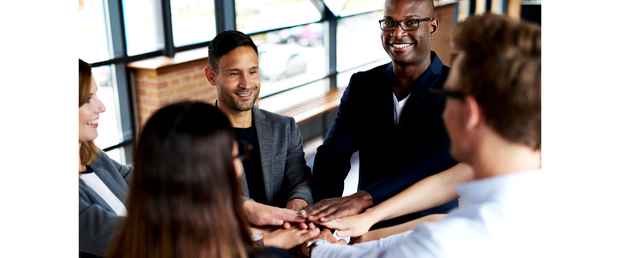Four-session Intensive: Nonviolent Communication, starting January 11th
Join this interactive, intensive online workshop dedicated to improving on important relationships and your own awareness and well-being.
We will be meeting in four sessions of two hours each, on Saturdays from 11am to 1pm ET beginning Saturday January 11th (and skipping January 25th). Start the new year right!
What if you could find ways to interrupt old patterns of friction or even conflict, and instead find a way to understand and be understood, creating peace and connection instead?
I remember hearing one member of a couple say to the other "I feel that you are an idiot!" after being requested to use "I" statements and express feelings. Of course, that is a fairly extreme example, but we are always challenged in life with find ways to connect with genuine feelings and insights that welcome in other people rather than blaming or shaming them.
There is no single formula for good communication. However, when we are genuine with other people, it encourages mutual authenticity, and people start to truly understand and appreciate each other's feelings and needs. That leads to better relating and to enjoyment of working out win/win choices.
A more genuine statement than the above example might have been "I am feeling very frustrated, and I am not sure why I feel that way, but when you refused to talk about your action I felt very lonely!" Two important differences are: 1) it expresses feelings--frustration and loneliness, and 2) it makes transparent that the speaker is attributing some responsibility to the other person's action. Why these two shifts are helpful is part of the topic of effective communication, dispute resolution, and ultimately improving and saving of relationships.
The goal in good communication is that all parties in the process can be seen and heard, and come out with a stronger, positive connection to others.
The event is facilitated by David B. Alexander, LP. In it, we will apply Nonviolent Communication to issues or questions that the attendees bring in, and David will facilitate the dialogue. If there are not enough issues or questions brought by attendees, there will be sample situations provided for discussion.
Here are the four themes for the four weeks, although there will be more in each meeting:
- Nourishment from Feelings and Needs
- Wisdom in Making Observations and Requests
- Breaking Free from Programmed Responses
- Finding Richness in Difficult Conversations
We will practice exercises to become more capable in handling both positive and negative interpersonal situations and patterns.
Violent communication can show itself in subtle ways that are hardly noticed, so the word "violent" might be surprising. However, the theme is that violent communication tends to disrupt empathy and relationships, while nonviolent communication is win/win communication that brings people together.
Nonviolent Communication is an approach to communication and relationships that is based on empathic connection, but that also provides a clear description and understanding of what kinds of communication help bring more joy and vitality into life, and what kinds of communication prolong conflict or separation.
As a psychotherapist, David has seen the great value of these principles, and has guided numerous couples and individuals to improve the quality of their communication and their relationships.
**********************
The workshop meeting will take place online via Zoom. The meeting can be joined via ordinary phone, but for a full experience use of a computer will allow seeing all participants more easily. Attendees are encouraged to participate as much as is comfortable for them, so they will have a richer experience.


